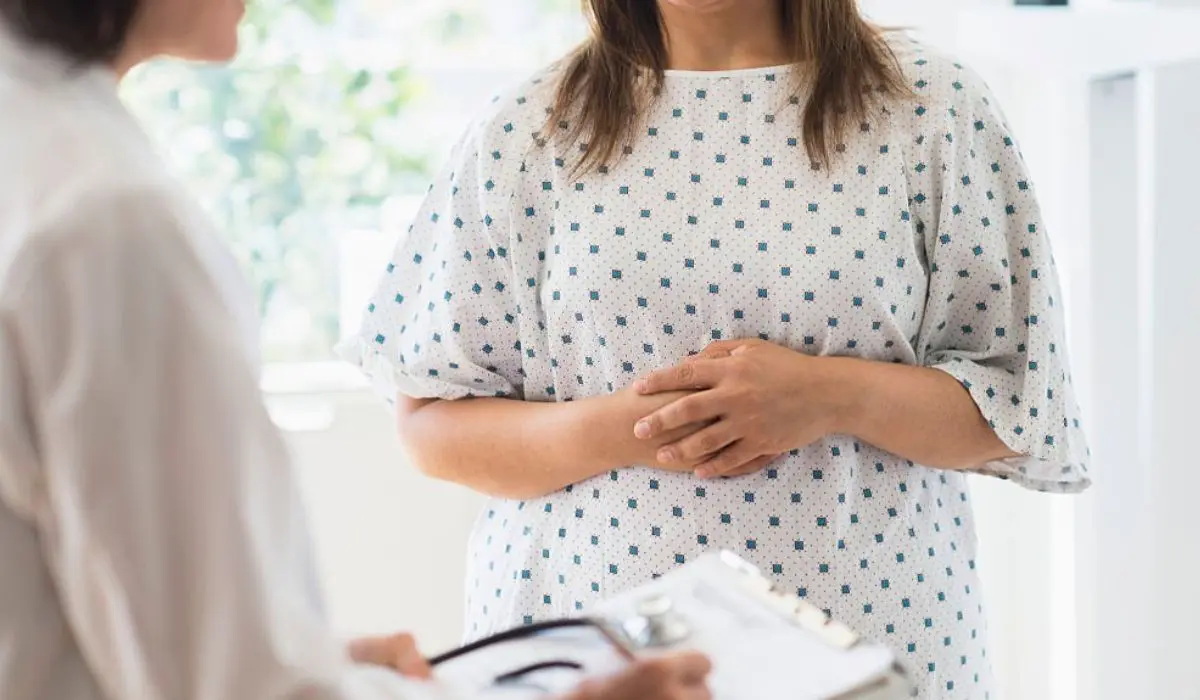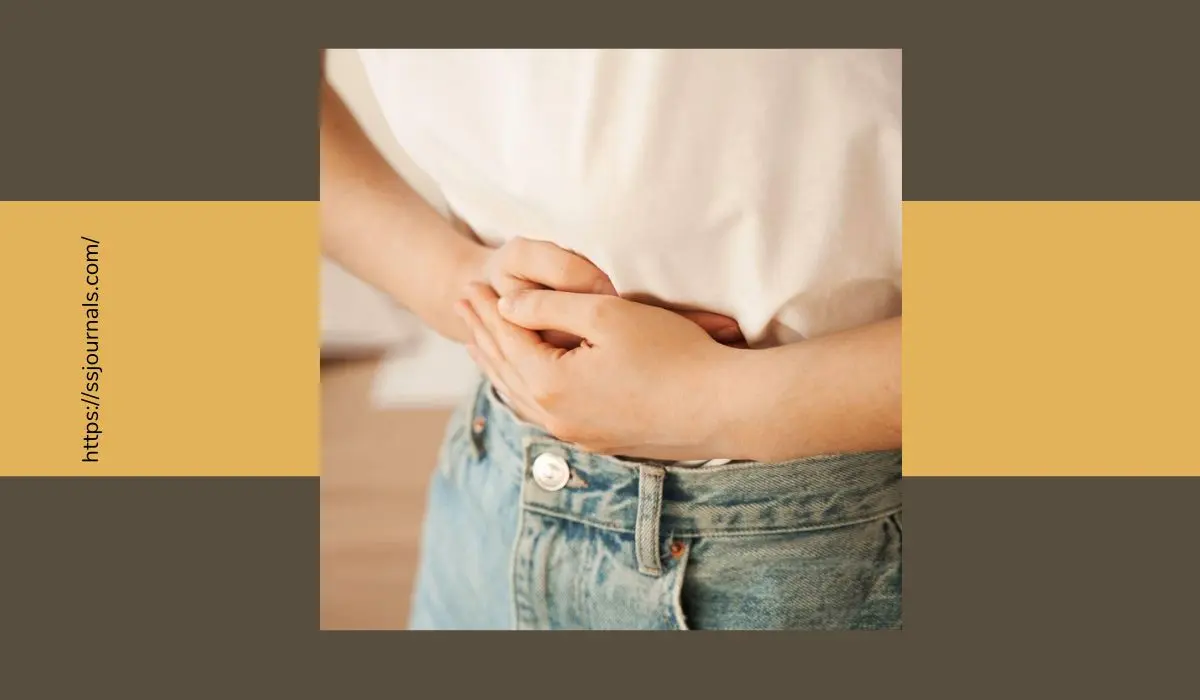Many women experience mild bloating around the time they ovulate each month. This is known as ovulation or mittelschmerz bloating. Let’s discuss what ovulation bloating is, what causes it, how to identify it, the symptoms, how long it lasts, and ways to find relief from the discomfort.
What Is Ovulation Bloating?
Ovulation bloating refers to water retention, abdominal swelling, and a feeling of fullness that occurs during ovulation as the ovaries prepare to release an egg. The rise in estrogen levels before ovulation triggers the bloating. It’s estimated over 50% of women experience some bloating around ovulation.

What Causes Ovulation Bloating?
Hormone changes
Estrogen rises just before ovulation, which can disrupt electrolyte balance and cause fluid retention.
Inflammation
The follicle rupturing to release the egg creates temporary inflammation in the abdomen.
Constipation
Estrogen slows digestion, potentially leading to gas and constipation.
Diet
Eating salty, starchy, or gas-producing foods can exacerbate bloating.
Bowel irritation
Some women experience irritation and swelling of the bowel during ovulation.
Gas production
Slower intestinal motility allows more gas production from food just prior to ovulation
How Can You Tell If You’re Experiencing Ovulation Bloating?
Ovulation bloating will be centered around your ovulation date, which is approximately 12-16 days before your next period depending on your cycle length.
Keeping a menstrual calendar can help identify the timeframe to expect bloating. It may coincide with other ovulation symptoms like breast tenderness, increased libido, and light spotting.
Related: Endometriosis and Ovulation Pain – Why It Feels Like Pure Torture?
What Are The Symptoms Of Ovulation Bloating?
➜ Swollen, full, or “bloated” feeling in the abdomen
➜ A visible increase in abdominal size, e.g. clothes fitting tighter
➜ Sensation of gas or burping
➜ Mild stomach cramps or achiness
➜ Feeling heavy in the midsection
➜ Constipation or diarrhea
➜ Increased appetite and water retention
➜ Breast swelling and tenderness
If you don’t usually experience period bloating, ovulation bloating will be more noticeable when it occurs. It differs from PMS bloating which occurs 1-2 weeks later.
How Long Does Ovulation Bloating Last?
For most women, ovulation bloating starts 1-3 days before ovulation and subsides within 2-3 days afterward. But it can last up to a week if exacerbated by dietary factors. It may end abruptly or slowly taper off. Duration can vary each cycle too.
Tracking your symptoms on a calendar for 2-3 cycles helps identify patterns. If ovulation bloating persists over a week consistently, consult your OB-GYN to rule out other causes like ovarian cysts or endometriosis.
Conclusion
Mild abdominal bloating when you ovulate is common due to normal hormone shifts, inflammation, and digestive changes. However severe or prolonged ovulation bloating could indicate an underlying issue.
Pay attention to timing and track symptoms carefully. Hydrating, reducing salt, avoiding gas-forming foods, and using heating pads can provide relief in most cases. Talk to your doctor if lifestyle measures don’t resolve ovulation bloating.
FAQs
Yes, ovulation bloating occurs earlier (about mid-cycle) and ends when ovulation occurs, while PMS bloating occurs 1-2 weeks before your period starts.
Not necessarily – bloating indicates your body is trying to ovulate but the egg may not actually be released in some cycles. Other signs of ovulation must be present.
Hormonal shifts slow digestion, leading to more gas production from your gut microbiome. Slower intestinal contractions allow extra gas to accumulate and cause bloating.
Yes, limiting salt, artificial sweeteners, carbonated beverages, fatty foods, and certain vegetables can help minimize bloating for some women during ovulation.
Consult a doctor promptly if it does not resolve shortly after ovulation, causes severe pain, happens every cycle, interferes with daily activities, or occurs with other concerning symptoms.
More: Common Bowel Problems After Pregnancy And How To Get Relief

